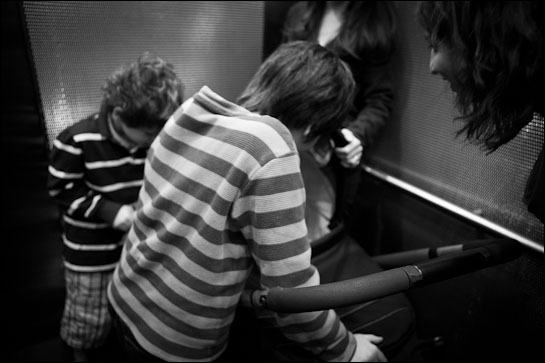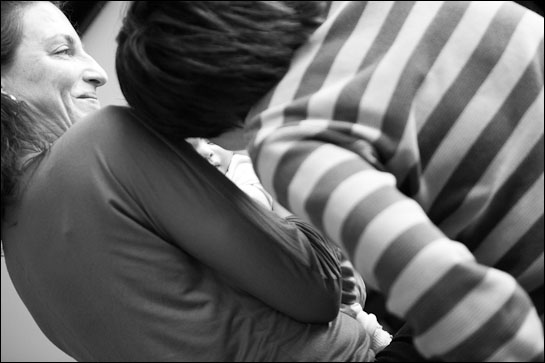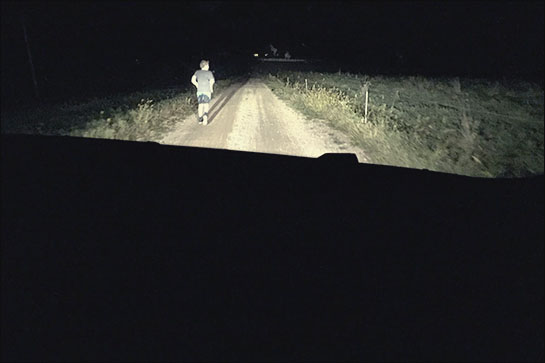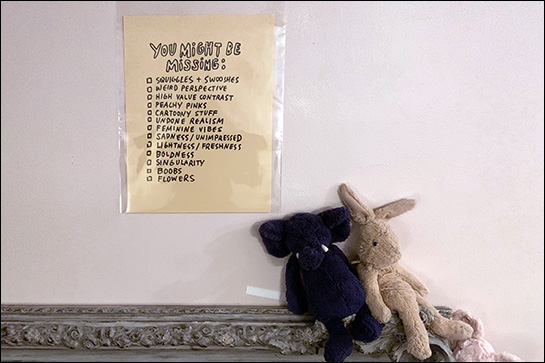How to teach a skill you don’t have yourself

I was a history major in college, and we memorized dates and people. But kids don’t do that anymore. They organize all the information into themes. We punted on textbooks and capitulated to AP study guides that teach to the test.
The last chapter of AP history is globalization. (Note to overachievers: this topic falls under the theme nationalism vs global identity.) The book says globalization is old: “Humans have always engaged in cultural exchange, dissemination of knowledge and the trade of goods and services.” What makes our Internet Age different is how fast the exchange happens.
And the question is, how to keep track of it.
I am always thinking about how to keep track of information because I have all sorts of links that I keep for blog posts.
For example, here’s a link to a patent Amazon just received. It’s for human cages. The human sits in a cage and a robot carries the human around giving the human orders to follow.
The key to having a great internal system for sorting information is to not care. I have too many emotions about the information I read – fear of losing a link slows me down.
I see my child getting overwhelmed with the amount of information they’re dealing with for test taking in college. I wanted them to spend their childhood reading fun, interesting stuff, curled up on the sofa with hot chocolate in their hand and the dog in their lap. Instead they suffocated under flashcards for physics and calculus graphs.
I want to teach them how to sort information quickly, but instead I’m writing this post, trying to find a faster system for myself, and all I can think about is that maybe instead of organizing links I should organize pictures. Maybe all blog posts should have two pictures so that I don’t lose the good ones.




I’ve come to the conclusion links are overrated. I say that because too many of them eventually become broken for one reason or another. We don’t have control over the information they once pointed to. So, if we’re lucky, we can search and find the original page with the new (changed) link. Knowing how to query and find the information we’re looking for is what’s important. It’s very much like knowing how to ask the right questions.
Wow, my most reliable adder of links in the comments is saying links are overrated. I think this is probably true. I’m not sure what to do about it. I need to think of a different way to think about rhythms and synthesizing in my writing. I think that’s why I’m so fascinated by chatG. Because I’m searching for a way to dump everything in my head to make room for new stuff.
Penelope
Most kids, whether in public or private school, are taught history the same way you were as a kid decades ago. The teacher has a textbook, and at the end of the textbook is a list of terms and a list of questions. The students have to read the text and then define the terms and answer the questions.
There’s fancy stuff too, depending on the school: kids might do some kind of paper, or presentation, art project, maybe even a massive multidisciplinary presentation day for the parents, with costumes and declamation and snacks.
But no, kids don’t spend their history classes organizing information into themes. Textbook writers do that. Kids learn how to make arguments, and they remember little dribs and drabs and factoids, and they learn to perform on demand, perhaps even to connect their dribs with their drabs if asked. But, by and large, they get to college without the faintest idea which century things happened in, or where cities and countries are, let alone which ideas lead to which institutions.
My daughter is able to learn things off for a test but she doesn’t ‘know ‘ the info.
She knows the system so she can navigate it. What worries her is real life after.She says all success stories seem to start with people not managing in school.
She stresses that she will peak at 18 and not function so well out in the world.
I suspect I’m on the spectrum so maybe it’s my ineptitude that’s being passed on.
I’ve been teaching Z history in terms of centuries and movements. He actually knows a ton about history and I’ve loved teaching it this way. But we were out to dinner with family members and someone asked him what he’s learning (this is the only question I’ve ever heard anyone ask a kid under 18 ever) and he said he’s doing a lot of history and the family immediately started talking about history the way they learned it, so they felt as if he had learned no history and then he absorbed that feeling from them.
Sometimes I think we only learn so we can talk about what we learn to other people who have learned the same material. Then innovative learning is useless because it doesn’t promote conversation it just promotes conversation about how there is no common learning to talk about.
Penelope
Any tips on how you find out what you are good at?It was suggested asking friends.That makes me cringe.
And I don’t really have friends to ask.My daughter and Boyfriend love me but don’t think I have many skills.
And people like to feel the way they learned and what they learned is important.
You are right though. We dont ask adults what they are learning.